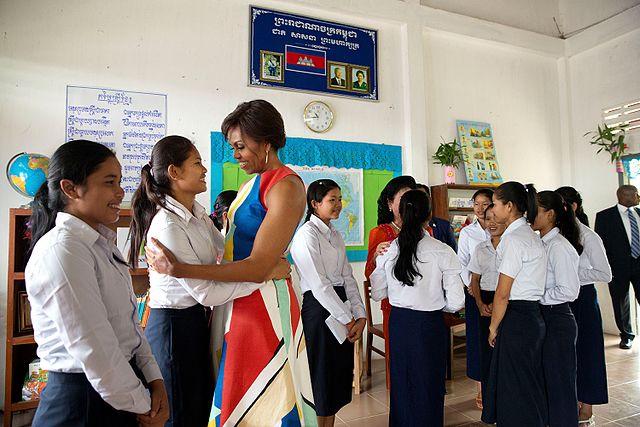Advocating for women’s rights in the Arab Gulf countries can be challenging due to cultural and legal barriers. However, there are ways to promote gender equality and women’s empowerment in this region. Here are some strategies for advocating for women’s rights in the Arab Gulf countries:
1. Raise Awareness:
- Start by raising awareness about women’s rights and gender equality. Educate people about the importance of women’s empowerment and the benefits it brings to society.

2. Collaborate with Local Organizations:
- Partner with local women’s rights organizations and NGOs that are already working on these issues. They have experience and connections that can be valuable for advocacy efforts.
3. Engage in Dialogue:
- Engage in constructive dialogues with community leaders, religious authorities, and policymakers to discuss the importance of women’s rights within the cultural and religious context of the Gulf countries.
4. Advocate for Legal Reforms:
- Work to reform discriminatory laws and policies that affect women’s rights, such as those related to divorce, inheritance, and guardianship. Collaborate with lawyers, legal experts, and human rights organizations to drive these changes.
5. Encourage Education:
- Promote education for girls and women, including STEM and vocational training. Education is a key factor in increasing women’s participation in the workforce and public life.
6. Support Economic Empowerment:
- Advocate for policies and programs that support women’s economic empowerment, such as equal pay for equal work and access to credit and entrepreneurship opportunities.
7. Promote Female Leadership:
- Encourage more women to participate in leadership roles in politics, business, and community organizations. This can be achieved through mentorship programs and leadership training.
8. Challenge Stereotypes and Myths:
- Address gender stereotypes and myths that perpetuate discrimination against women. Use media, public campaigns, and educational initiatives to challenge these beliefs.
9. Harness Social Media and Technology:
- Use social media and online platforms to reach a broader audience and raise awareness about women’s rights issues. Share stories, information, and success stories related to women’s empowerment.
10. Engage with International Organizations:
- Collaborate with international organizations, such as the United Nations and non-governmental organizations that focus on women’s rights. They can provide support and resources for advocacy efforts.
11. Encourage Male Allies:
- Engage men and boys as allies in the fight for women’s rights. Encourage discussions on the benefits of gender equality and the role that men can play in promoting women’s rights.
12. Monitor and Report Human Rights Violations:
- Document and report cases of human rights violations against women, including domestic violence, forced marriages, and restrictions on freedom. Share this information with human rights organizations and international bodies.
13. Be Patient and Persistent:
- Changing deeply ingrained cultural and legal norms takes time. Be patient and persistent in your advocacy efforts, and celebrate small victories along the way.
Advocating for women’s rights in the Arab Gulf countries requires a combination of grassroots efforts, collaboration with local and international partners, and a deep understanding of the cultural and legal context. By working together and promoting gender equality, progress can be made toward a more equitable society for women in the Gulf region.











